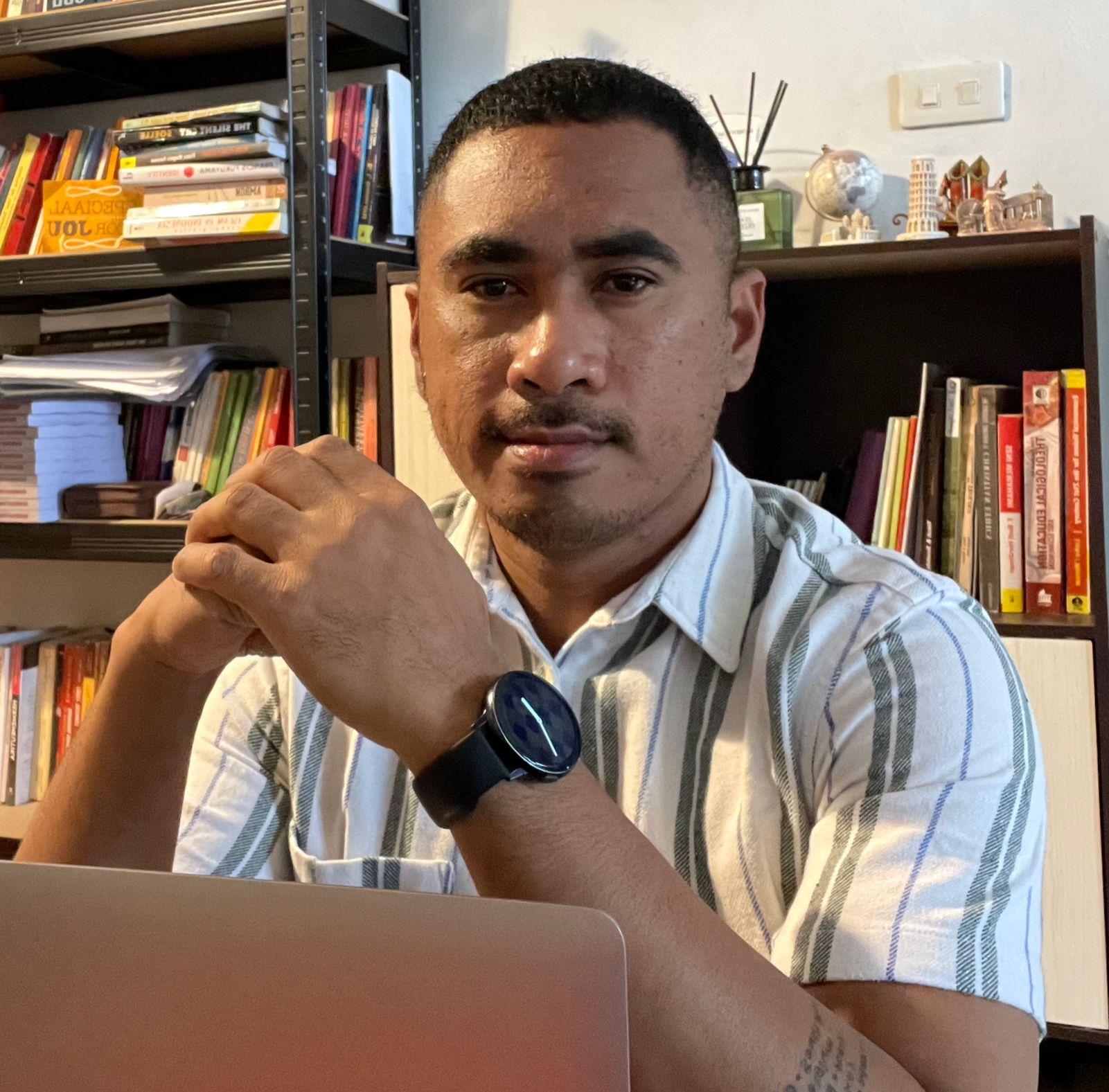“Growing up as a former refugee living in Ambon, Indonesia, I witnessed that segregation, identity tension, and trauma have become both challenges and opportunities for Muslims and Christians.” In his thesis lecturer and researcher Nelson Semol Kalay explores how the Malukan society handles these problems through discourse and material culture.
“Segregation or separation of society is responded to differently by Muslims and Christians in Ambon. On the one hand it is seen as a problem or challenge for people living in the region, and it can be an opportunity on the other hand. Interestingly, different perceptions and responses to this reality can also be found in the same religious group.”
“Although Muslims and Christians develop various understandings of segregation, they show similarities in understanding religious identity, which, according to them, can be an inspiration for mutual coexistence regardless of the persistent trauma among the Malukan conflict survivors.
“Regarding trauma, it is arguable that the trauma concept developed by Muslim-Christian conflict survivors transcends a Freudian traditional concept of trauma because their traumatic existence is largely reflected in material embodiment. This provided a new postcolonial definition of trauma that came out from the post-conflict society of Ambon.”
“This research can provide an essential lesson for a global society facing similar challenges, such as religious polarization and tension. It gives insight to civil society on how to deal with such a problem, especially to religious leaders, who must manage the religious diversity of post-conflict society in their communities.”
More information on the thesis
